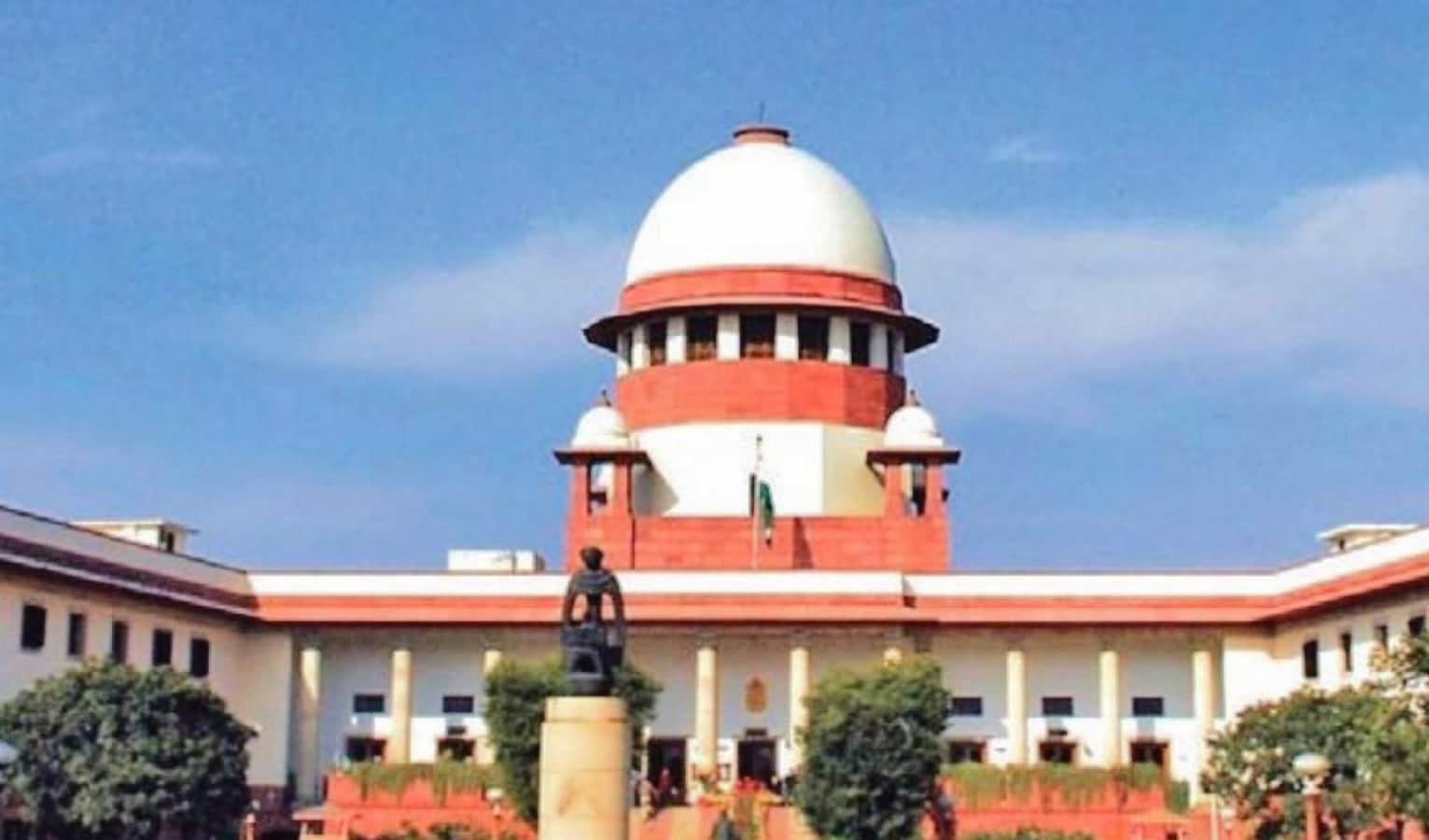Electoral bonds hearing: The State Bank of India (SBI) was reprimanded by the Supreme Court on Monday for failing to abide by its directive and failing to provide the Election Commission of India (EC) with the voter data by March 6. The Supreme Court denied the SBI’s request to extend its deadline for disclosing the information until June 30 and instead granted it until March 12 business hours. The ECI was also instructed by the supreme court to post the material on its official website by March 15 at 5 p.m.
“What actions have you taken in the past 26 days? The State Bank of India was questioned by a five-judge Supreme Court Constitution bench, “Your application is silent on that.”
The bench led by Chief Justice of India DY Chandrachud opened the crucial hearing by stating that it has instructed the SBI to make a “plain disclosure” in accordance with the court’s ruling.
Judges Sanjiv Khanna, BR Gavai, JB Pardiwala, and Manoj Misra were present on the bench. “The SBI has to just open the sealed cover, collate details, and give information to the Election Commission,” the bench statement read.
Before the program was abandoned, the SBI had requested an extension until June 30 to reveal the specifics of each electoral bond that political parties had redeemed.
A different petition was heard that asked for the SBI to be held in contempt.
Supreme Court’s election bonds case: key developments
- The Centre’s electoral bonds plan was declared “unconstitutional” by a five-judge constitution bench on February 15. The judgment also ordered the Election Commission of India (ECI) to provide donor details, donation amounts, and recipients by March 13.
- Then, the court ordered the SBI, the scheme’s designated financial institution, to provide the ECI with information by March 6 regarding electoral bonds that were bought starting on April 12, 2019.
- The ECI was subsequently given a deadline of March 13 to post this information on its official website.
- On March 4, however, the SBI petitioned the Supreme Court to extend the deadline for disclosing information about encashed electoral bonds until June 30. The SBI cited the laborious task of gathering and cross-referencing data from many sources.
- In a second request, the NGOs Association for Democratic Reforms and Common Cause urged the court to hold the bank in contempt for allegedly defying the ruling of the highest court.
- The appeal argued that SBI purposefully delayed the filing of its application in order to conceal donor and donation amount information from the public before to the impending Lok Sabha elections.
- The argument argued that electoral bonds are “completely traceable,” citing SBI’s secret number-based database that tracks bond purchasers’ contributions to political parties. According to the contempt petition, any kind of anonymity in a political party’s finances is incompatible with the principles of participatory democracy and the right to know guaranteed by Article 19(1)(a) of the Constitution.
- The petition emphasized the significance of election process transparency by highlighting how voters must have access to information on electoral bonds in order to make educated judgments.
